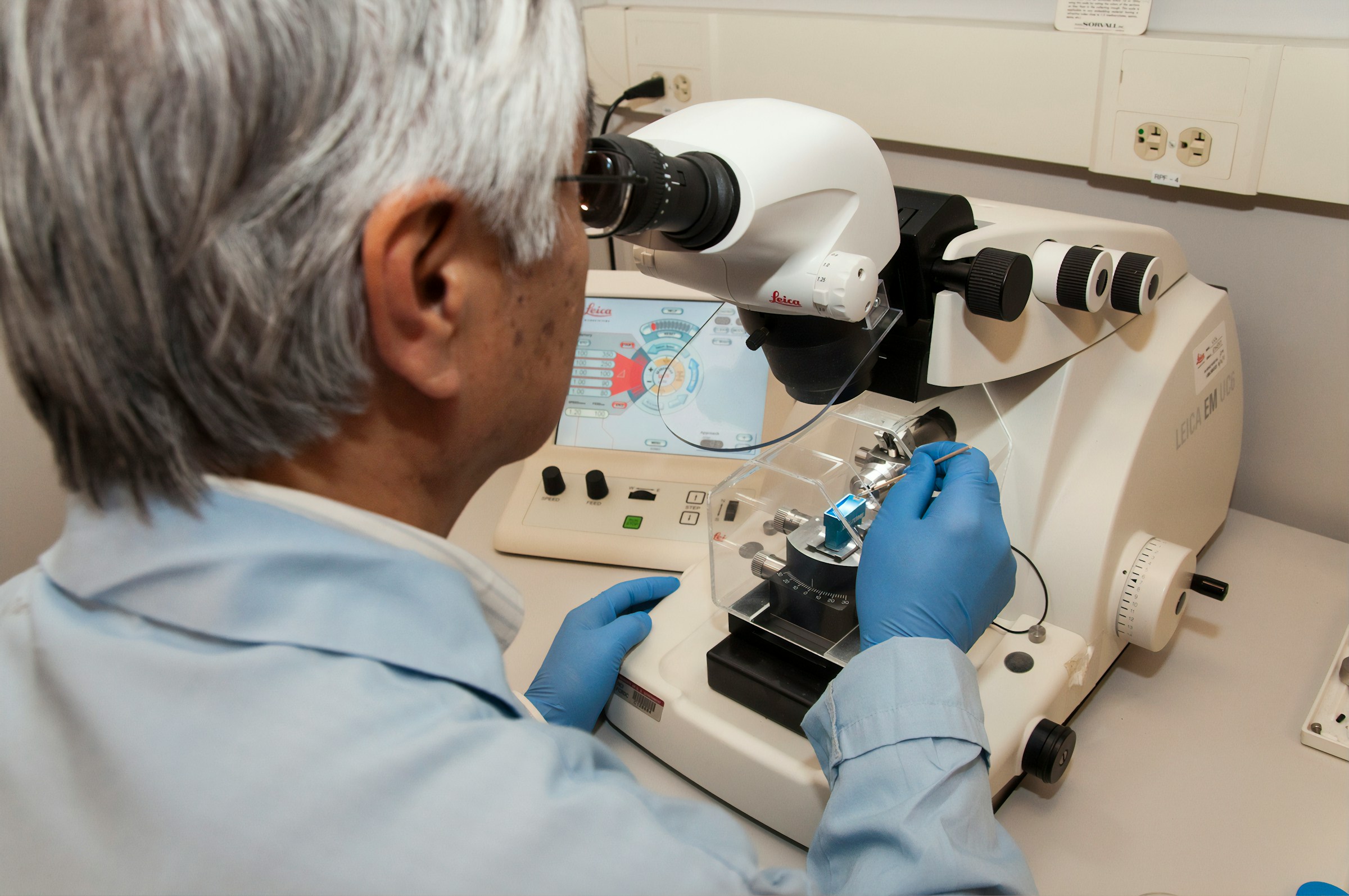Mesothelioma Biopsy is a critical diagnostic medical procedure used to confirm the presence of mesothelioma—a rare and aggressive cancer primarily caused by asbestos exposure. It involves the surgical or needle extraction of tissue or fluid samples from the pleura, peritoneum, pericardium, or tunica vaginalis (depending on the suspected location of the tumor), followed by histopathological examination to detect malignant mesothelial cells.
This procedure is considered the gold standard for diagnosing mesothelioma, as imaging tests alone (like CT or PET scans) cannot definitively distinguish mesothelioma from other diseases. Several biopsy methods are used, including thoracoscopy (pleural biopsy), laparoscopy (peritoneal biopsy), fine-needle aspiration (FNA), and core needle biopsy, with thoracoscopy being the most common for pleural mesothelioma.
In addition to confirming malignancy, a mesothelioma biopsy helps identify the cell type (epithelioid, sarcomatoid, or biphasic), which is essential for staging the disease and guiding treatment strategies such as surgery, chemotherapy, or immunotherapy. Timely biopsy and accurate diagnosis are crucial for improving patient outcomes.
